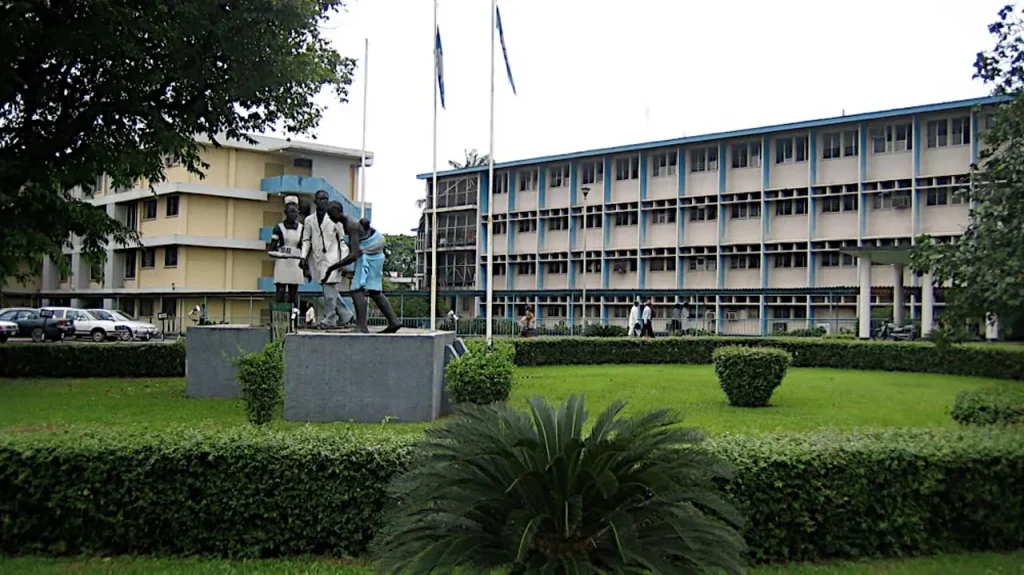Lagos University Teaching Hospital (LUTH) has launched Nigeria’s first bone marrow transplant programme for individuals suffering from sickle cell disease (SCD). This landmark initiative allows patients to undergo a bone marrow transplant locally, offering a critical treatment option for this genetic disease.
The procedure involves replacing the patient’s diseased stem cells with healthy ones from a matched family donor, providing the potential for a cure. This programme is the result of a collaborative effort between LUTH and the Sickle Cell Foundation of Nigeria (SCFN), following years of research and planning.
In a joint statement, LUTH’s Chief Medical Director, Professor Wasiu Adeyemo, and SCFN National Director, Annette Akinsete, explained that the initiative aims to address gaps in the treatment of SCD patients across the country. The first group of patients was admitted in August and is currently undergoing bone marrow transplants at LUTH.

The statement highlighted the comprehensive care the patients are receiving, including exchange blood transfusions, chemotherapy, and anti-infection treatment, all leading up to the infusion of bone marrow stem cells harvested from family donors.
While the transplant process carries risks such as infection and infertility, decades of research have significantly improved outcomes. LUTH’s bone marrow transplant programme adheres to international standards for curing SCD.
Nigeria has the highest prevalence of sickle cell disease globally, with about 150,000 babies born annually with sickle cell anemia, according to The Lancet Journal. Despite the prevalence, medical care for SCD has been limited, with bone marrow transplants, the only known cure, previously unavailable in the country.
Professor Adeyomo noted that this new programme, developed in partnership with experts from within and outside Nigeria, including Dr. Josu de la Fuente from Imperial College London, represents a significant step forward in addressing this health challenge.
In preparation for this milestone, LUTH had established a post-transplant clinic in 2019, the first of its kind in sub-Saharan Africa, to provide care for patients who had undergone transplants abroad. This helped develop expertise in post-transplant care within Nigeria, paving the way for the current programme.


